
Rural Stroke Victims May Live Too Far from Health Facilities
In rural states, millions of stroke victims may suffer if first responders have long drives to reach a stroke center. Here's what you should know.

In rural states, millions of stroke victims may suffer if first responders have long drives to reach a stroke center. Here's what you should know.
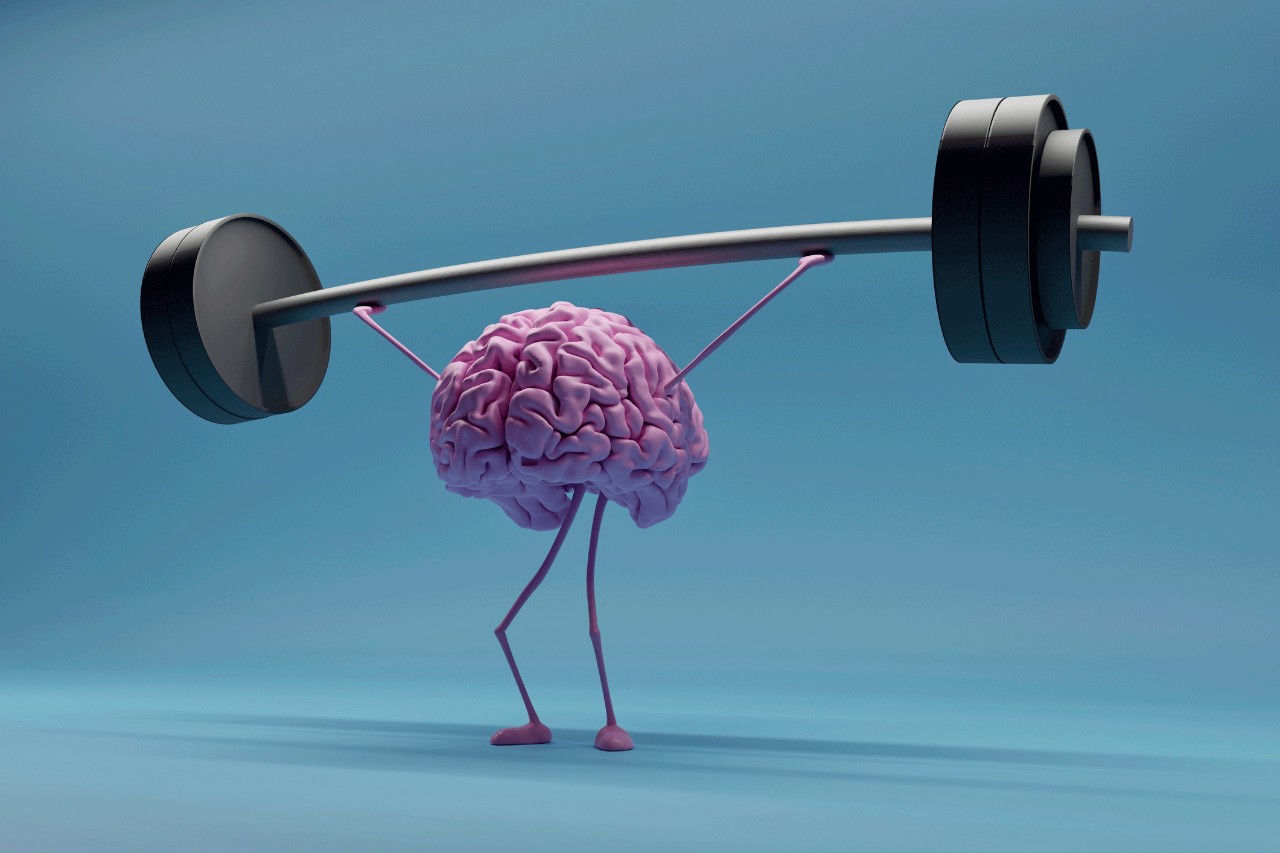
High blood pressure and diabetes, common conditions in the U.S., can increase your risk of dementia, affecting your brain even in midlife. Learn more.

People often confuse essential tremor with Parkinson’s because of the shaking. It’s a benign condition that affects your self-esteem and can even cause depression.

Multiple sclerosis is an autoimmune disease that damages nerve fibers. The exact triggers are unknown. Here's what you should know about MS and its effects.

The rules that work for young students when they learn also help adults. Here are 16 ways to make learning go better and keep your mind sharp.

Genes influence your Alzheimer's disease risk, but just because dementia runs in your family doesn't mean you're destined to develop it. Here’s what you should know.
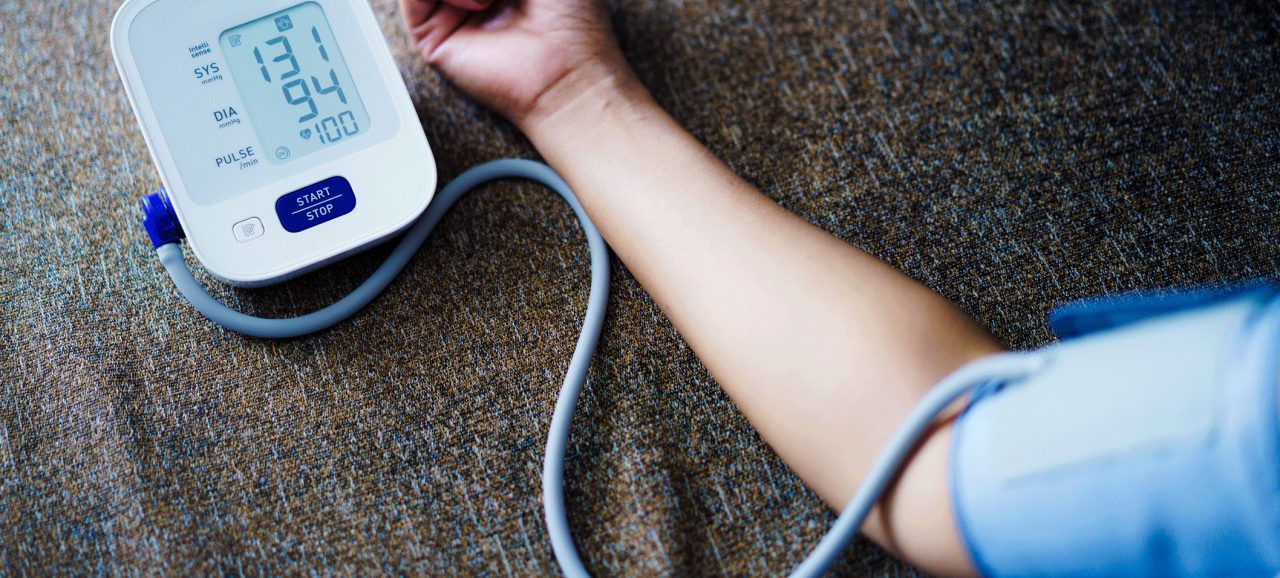
High blood pressure damages small blood vessels in your brain, but lowering your blood pressure might help protect you from dementia and Alzheimer's disease.

Over time, being overweight can impact more than your waistline and cardiovascular system. Extra pounds may affect brain function and increase risk of dementia.
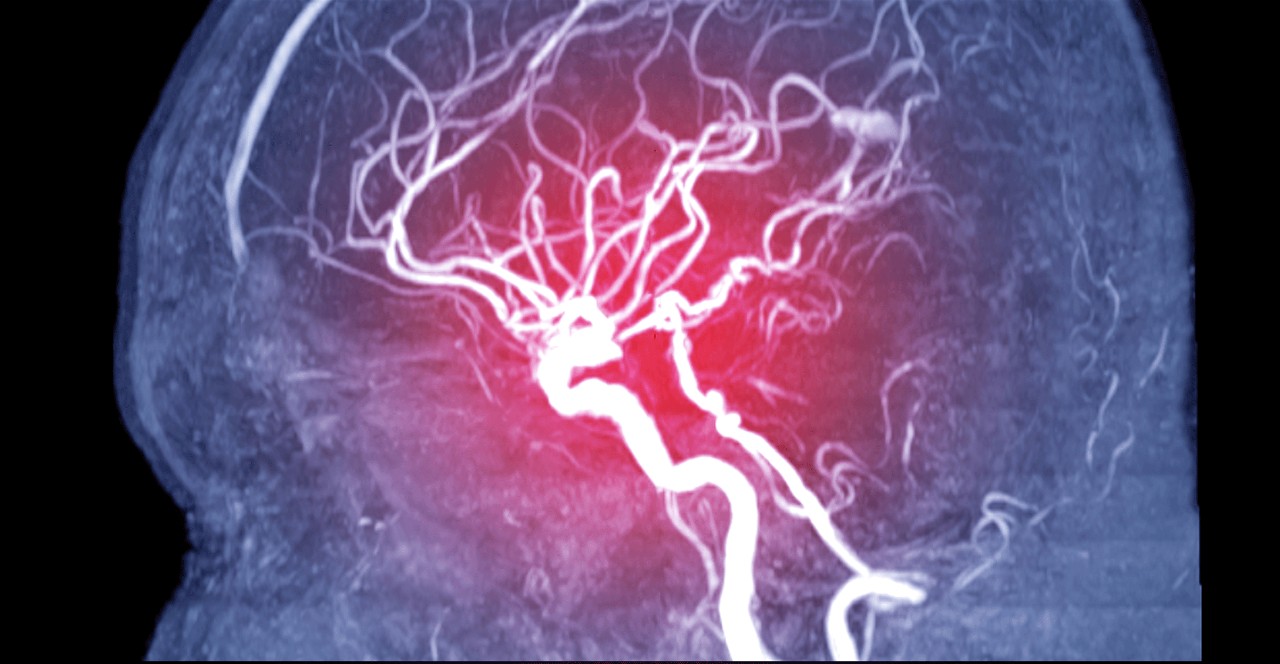
When part of an artery wall weakens, it can bulge and leak blood or eventually rupture, a medical emergency called an aneurysm. Here’s what you should know.

Although physical exercise cuts the chance of dementia, hard labor may do the opposite. If you have a blue-collar job, you have a 55 percent higher risk of developing dementia.

Head and neck injuries aren’t always obvious. Learn how to spot the symptoms so you can get treated quickly to prevent long-term problems.

Sitting in front of a TV too much doesn’t affect only your children. Even in midlife, television can interfere with your brain functioning.

People with insomnia who have trouble falling asleep or staying asleep are more likely to have a stroke than people who sleep soundly. Here's what you should know.

Researchers are looking for subtle tell-tale clues and tests to catch Alzheimer's disease earlier. Don't panic — but watch for these early signs of Alzheimer's.
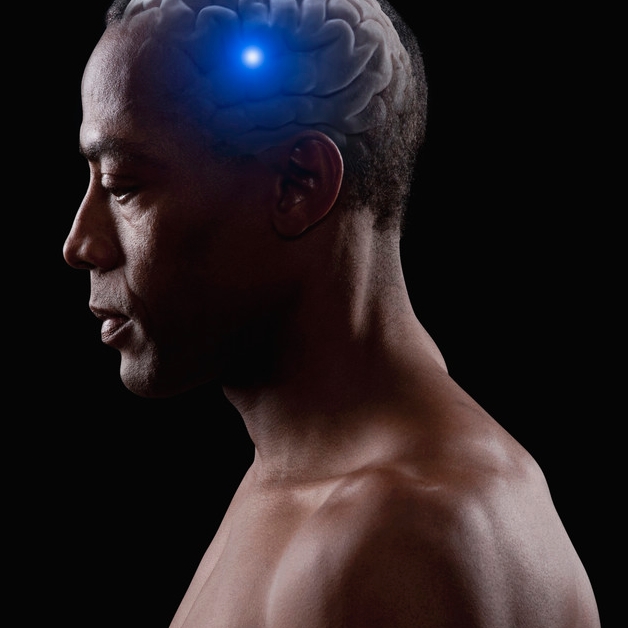
Not all brain aneurysm causes are known. But genetic factors, high blood pressure, and certain lifestyle choices can contribute to causing a brain aneurysm.
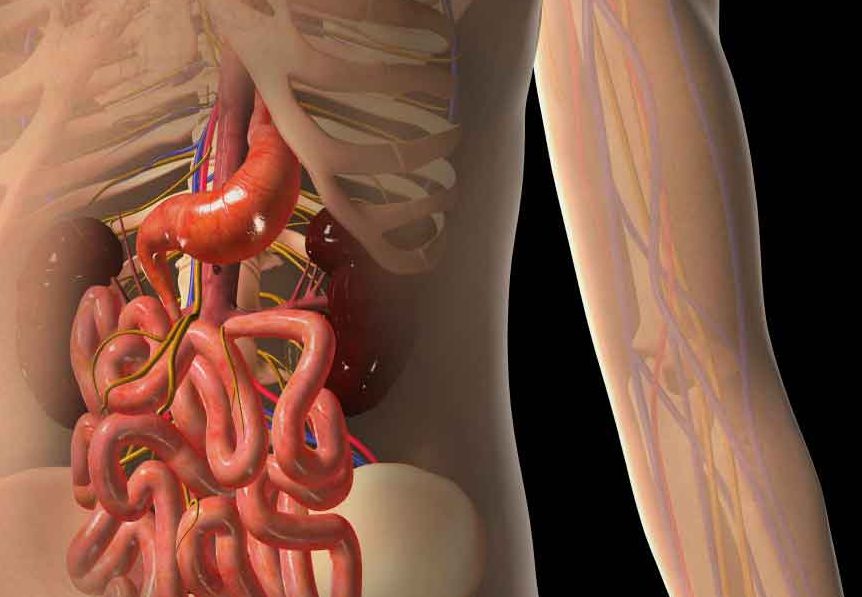
The 100 trillion microbes that live within your digestive system may be related to many illnesses that affect your brain. Here’s what you should know.
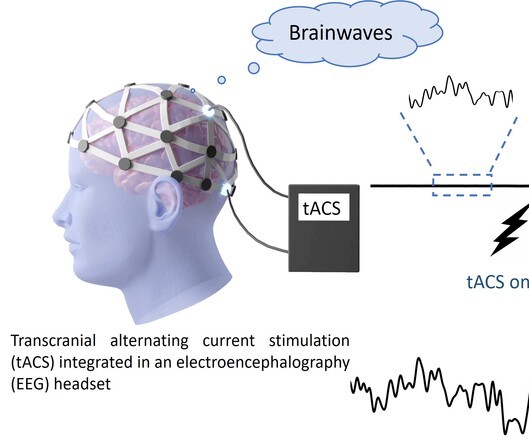
Your body runs on electrical pulses that can benefit from targeted currents: Electricity applied directly to your brain could boost your memory.